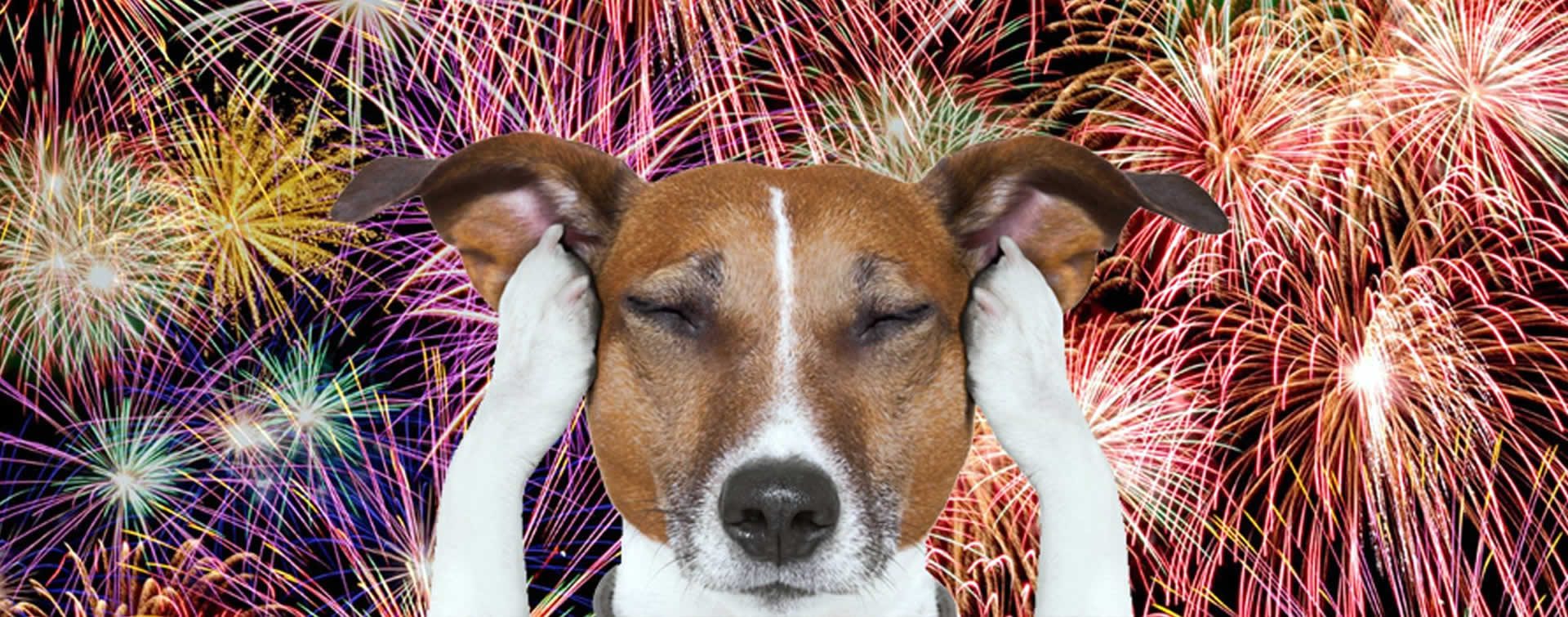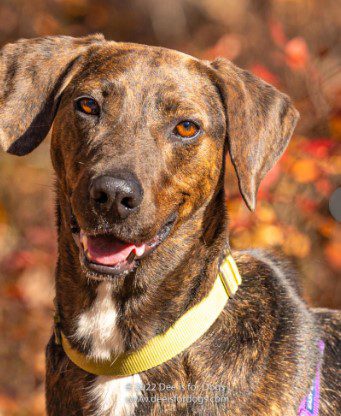
By Dr. Scarlett Magda
Photo credit: Believe in Magic Dog Training
The 4th of July can be one of the most stressful days of the year for pets. If you know your pet gets anxious, please take precautions ahead of time by:
- Asking your vet for some anti-anxiety medications (not just sedatives like acepromazine) such as Xanax or trazodone and try them out a few days ahead of time to get a sense of what dose/combination is needed, you can do a test run by playing load thunderstorm or firework sounds at home
- Get a thunder shirt, animals relax and feel secure when gently squeezed
- Consider boarding your pet with a friend or reliable facility if you plan on enjoying the fireworks.
- Give your pet a safe place to hide
- Play ambient music to drown out the noise
- Make sure they have a collar with ID and a working microchip in case they escape
- Keep them busy with toys and kongs and give them a calm playmate to help mentor them.
Fireworks contain things like gunpowder, potassium nitrates, chlorates and barium. The ingredients determine the color, shapes and sounds that a firework makes. But if your pet chews and/or swallows one, side effects can be alarming. A small amount can cause GI upset like drooling, diarrhea or vomiting, where the vomit may sometimes contain blood.
Thermal burns can occur if the pet picks up a hot firework. Gastrointestinal blockage can occur from consuming packaging or the stick itself. Methemoglobinemia can also occur, which is blood disorder where oxygen cannot be released into the cells causing oxygen depletion, signs develop within 1-10 hours post-exposure. Signs of methemoglobinemia include weakness, pale or muddy-colored gums, brown urine, or breathing trouble.
If the firework has barium in it, potassium levels can drop which can increase heart rate, cause an abnormal heart rhythm and increase blood pressure. Effects occur within an hour and you will notice your pet panting, anxious or having increased breathing effort.
If your pet only ate a small amount you can:
- Feed a small meal if your pet is not vomiting
- Offer milk to dilute the toxins and protect the stomach from corrosives if your pet is not vomiting
If you notice side effects (vomiting, diarrhea, panting, dark stool) go to the vet right away.
Lastly, if you know your pet doesn’t do well during thunderstorms or firework celebrations, consider staying at home to be with them.
If your pet is having an emergency please call 631-369-4513 for immediate assistance.
Also by Dr. Scarlett Magda:



